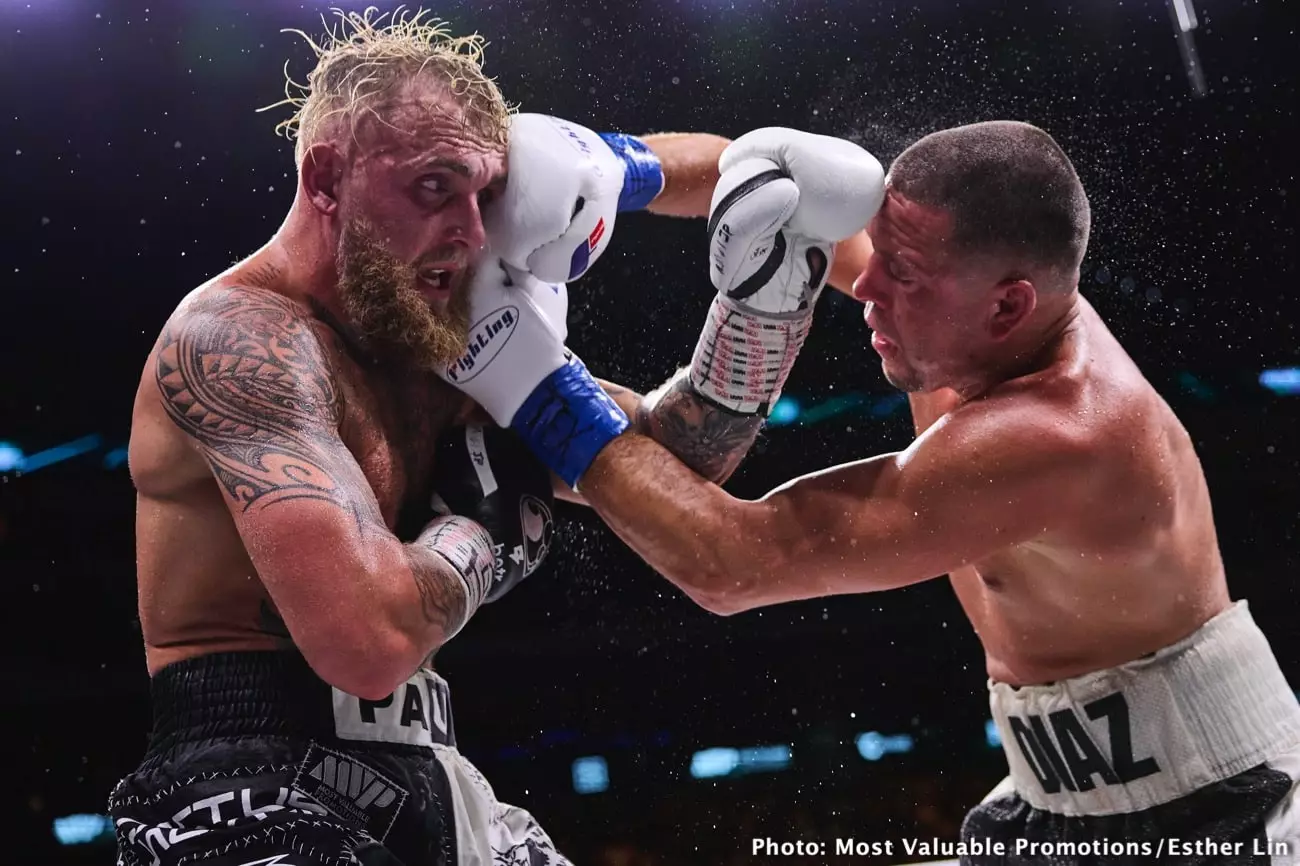The boxing world is currently abuzz with excitement and trepidation surrounding the highly publicized match between Mike Tyson and Jake Paul, scheduled for this Friday at the AT&T Stadium in Arlington. While the event promises to be an entertaining spectacle, the underlying concerns about Tyson’s well-being amid this confrontation are impossible to ignore. This concern stems not only from Tyson’s age but also from Jake Paul’s relatively aggressive fighting style and his history of targeting opponents who may not be able to withstand a full-fledged boxing match.
At the heart of the apprehension lies the juxtaposition of 58-year-old Mike Tyson and 27-year-old Jake Paul. Tyson, a former heavyweight champion with a storied career, has shown flashes of his legendary power and speed, particularly during a recent media workout. Observers were reminded of Tyson’s once-feared explosiveness, but the reality of the situation cannot be overlooked. As impressive as Tyson may seem on occasion, the brutal demands of an eight-round fight against a younger, decidedly more aggressive opponent pose significant risks.
Critically, Tyson’s age raises questions about his resilience in the ring. Analysts and boxing veterans alike, including Chris Algieri and Paulie Malignaggi, have discussed Tyson’s vulnerability and the likelihood that he will struggle to endure the full length of the fight. Algieri notably questioned the ethical implications of Paul aiming to knock out a much older fighter, suggesting that such an action would not reflect a legitimate victory in the sport. There’s a consensus that, should Paul secure an early knockout, it would cast a long shadow over his reputation rather than bolster it.
It’s essential to recognize Jake Paul’s strategic approach to boxing. Unlike traditional fighters who build legacies through defeats and victories against skilled opponents, Paul tailors his matches to maximize financial gain and publicity. By selecting matchups like this one against Tyson, Paul is not merely seeking competition; he’s capitalizing on the clout of Tyson’s name to attract viewers and generate revenue. The question arises: is this the right approach for someone in the sport?
Paul’s actions reflect a deeper trend within the contemporary boxing landscape, where entertainment value often overshadows athletic integrity. Despite not being a world-class fighter himself and learning the ropes of boxing over the past several years, Jake Paul seems to prioritize spectacle over substance. His willingness to pounce on fighters like Tyson demonstrates a keen understanding of marketability over the traditional route of building skill through competitive bouts.
As the fight draws near, one is left to ponder what this means for Tyson’s legacy. Once revered as one of the greatest heavyweights in boxing history, the notion of him facing an opponent like Paul raises eyebrows and brings lingering concerns about fighter safety to the forefront. The boxing community is particularly sensitive to the ramifications of old fighters stepping into the ring, with chants for health and safety becoming more prominent than ever.
There is an inherent danger that participants and promoters alike must contend with: ensuring that the sport does not exploit its legends in a manner that jeopardizes their health. The risks associated with Tyson, given his recent bouts and age, lead to unsettling implications not just for him but for the entire sport. If he were to suffer serious injuries, it would spark conversations about responsibility in matchmaking and perhaps even prompt discussions about regulations governing matches featuring older fighters.
Ultimately, the upcoming fight between Mike Tyson and Jake Paul serves as a microcosm of larger issues permeating the sport of boxing. It showcases the intersection of fame, age, and the quest for monetary rewards in a sport that demands unparalleled physical prowess. As spectators await the event, they are left grappling with contradictory emotions—anticipation tinged with genuine concern for Tyson’s health and the implications of an altered boxing landscape where paydays sometimes eclipse the essence of competition. The true victory may lie not in the outcome of the fight itself, but in how the boxing community chooses to navigate the complexities of age, safety, and the spirit of the sport in the face of evolving narratives.

